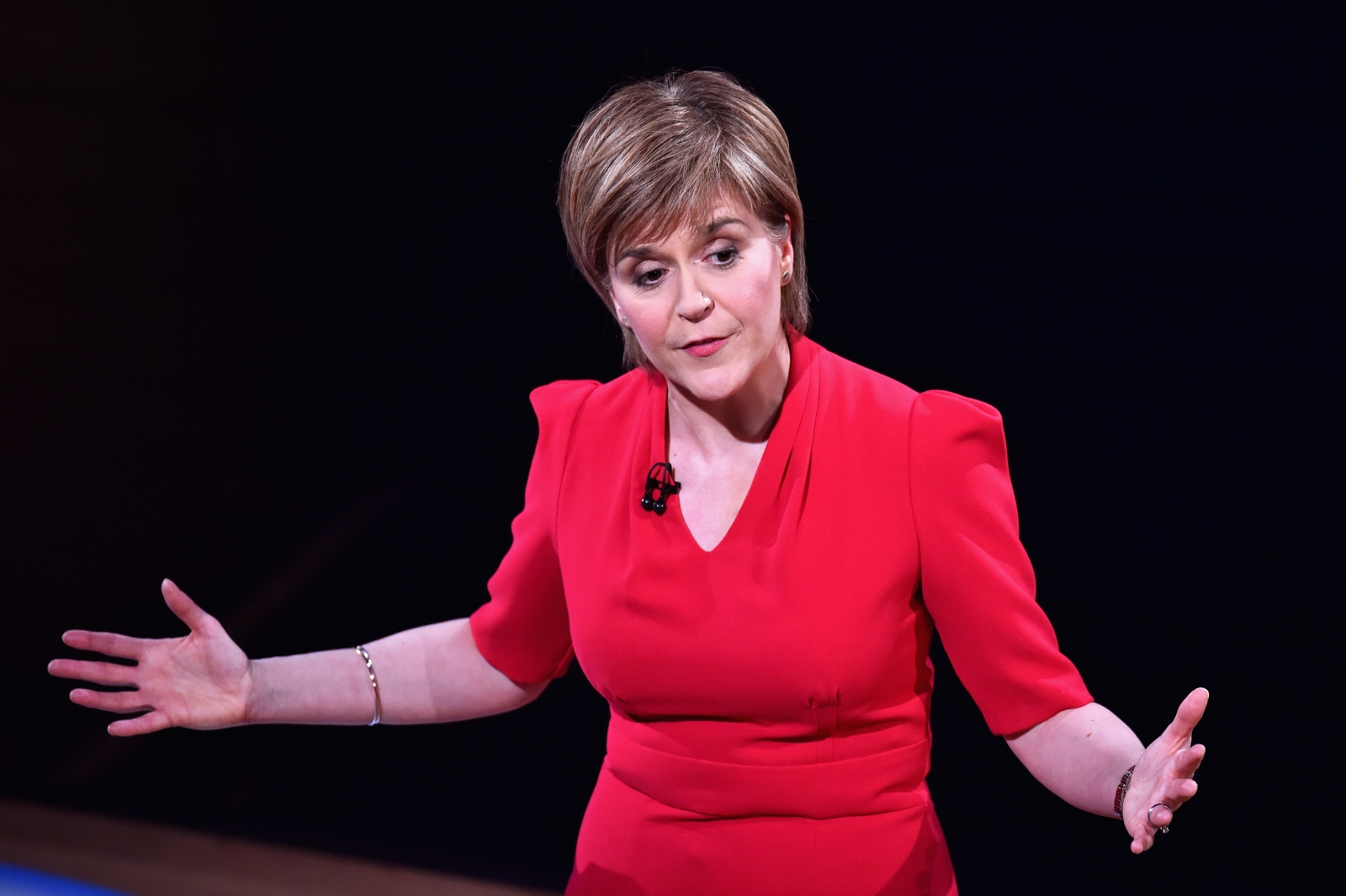The UK Parliament has faced, over the years, frequent criticisms along the lines of: 'the people sitting there are supposed to represent us, but they are nothing like us'. This, in short, is a fair cop. Parliament is representative in terms of its intended political function, but nobody could argue that it is representative in the sense of reflecting the diversity found in the general population.
The phrase 'male, pale and stale' is a loathsome one, but it is made all the more repulsive by the fact it is also quite apt. The House of Commons, to take the one part of Parliament we (as in, the people) actually have any control over, has long been dominated by white, middle class men. However, the election of May 2015 has seen some progress made in this regard.
The first and most obvious change is the increase in the number of women. In 2010, the proportion of female MPs stood at 22.8%; it has now risen to 29.4%. Clearly, this is some way from the ideal - women make up 50.8% of the population, and the balance of MPs in the House of Commons ought to reflect this, but it is a marked improvement nevertheless.
The greater representation of women stems partly from Labour's use of all-women shortlists to select candidates in 50 of its key seats, and partly from the huge increase in SNP representation (20 of their 53 MPs are women, including Mhairi Black, the youngest MP since 1667). One area of regress has been the Liberal Democrat delegation, however; always lacking in female MPs (famously having had as many knights as women as of June 2013), the party now has none due to all 7 being caught up in its catastrophic wipeout.
Parliament has also improved its ethnic balance, with 43 MPs (or 6.6%) being from black or ethnic minority backgrounds. Most of these are Labour (27), with 15 Tories and one SNP, though the Conservatives actually had more BME candidates than the other major parties. The figure for the wider population is nearly twice this, at 12.8%, signifying that there is still some way to go, but 6.6% still represents an increase of nearly 50% on the last election. As with gender balance, ethnic balance is improving.
On LGB representation, the story is looking even better. We now have 32 openly lesbian, gay or bisexual MPs - 4.9%, the highest proportion in the world and close to the UK government estimate of 6% (census data, which allows for avoiding the question, notwithstanding). The shame here is that none of the four transgender candidates won their seats, meaning the 'T' has to be left off for now, but the fact that one, Labour candidate Emily Brothers, stood for a major party for the first time inspires hope that this may soon change.
Unfortunately, the story is not looking so positive for people with disabilities. The retirement of former Home Secretary David Blunkett and fellow Labour MP Anne McGuire means there are now only two MPs in the Commons who self-describe as disabled, or 0.3%. Since the most recent statistics suggest that around 5.7% of working-age adults are disabled, this is a disturbingly low figure and the direction of travel is not good.
Finally, it is important to take a look at the class makeup of Parliament. This is clearly a much harder thing to measure than the other categories mentioned, but the falling number of working-class MPs over the last few decades is a real concern, especially since the shortfall has been taken up by a huge increase in career politicians. At the 2010 election, only 4% of MPs had worked in manual occupations, down from 16% in 1979. Though statistics for the new Parliament do not yet exist, analysis of the candidates suggests that this proportion has fallen to just 2%. Again, there is a regressive direction of travel which is highly concerning.






